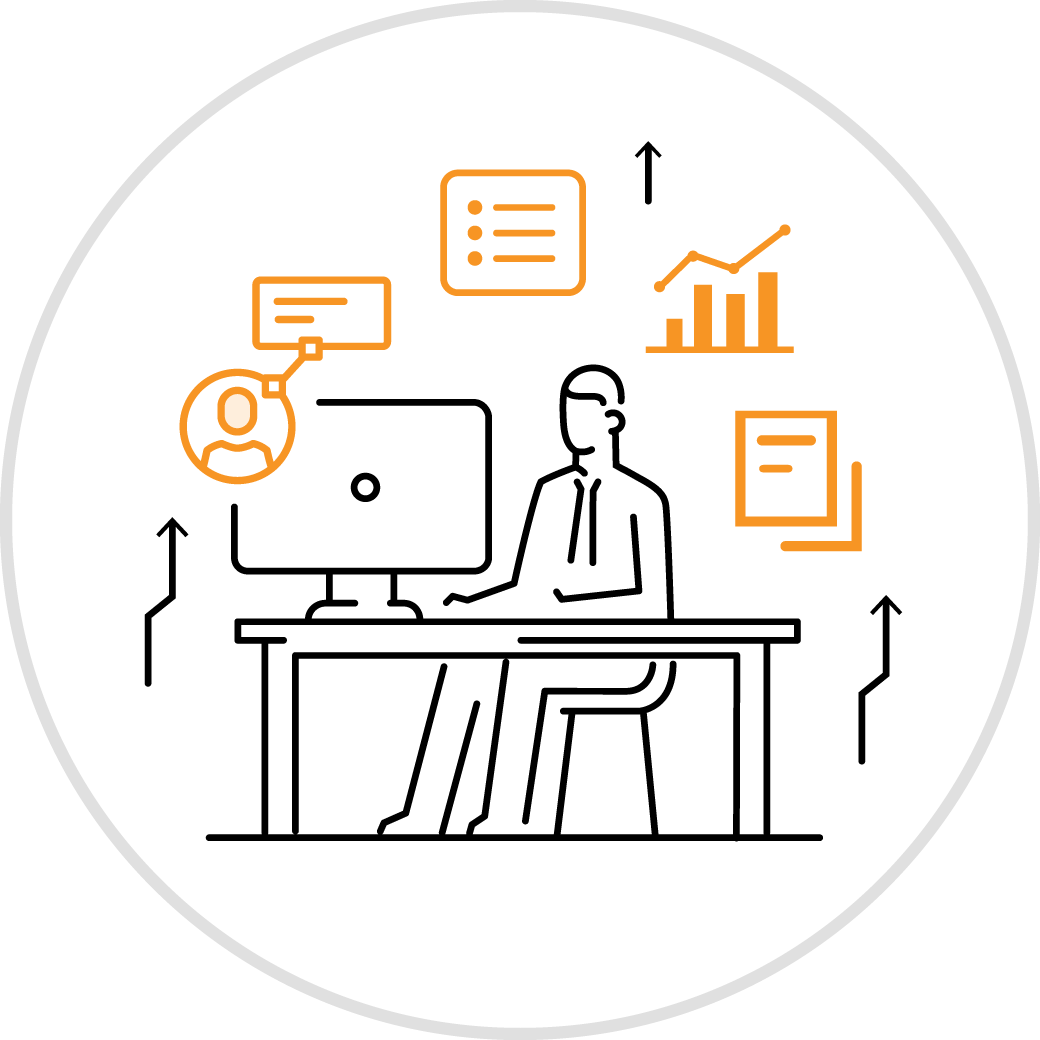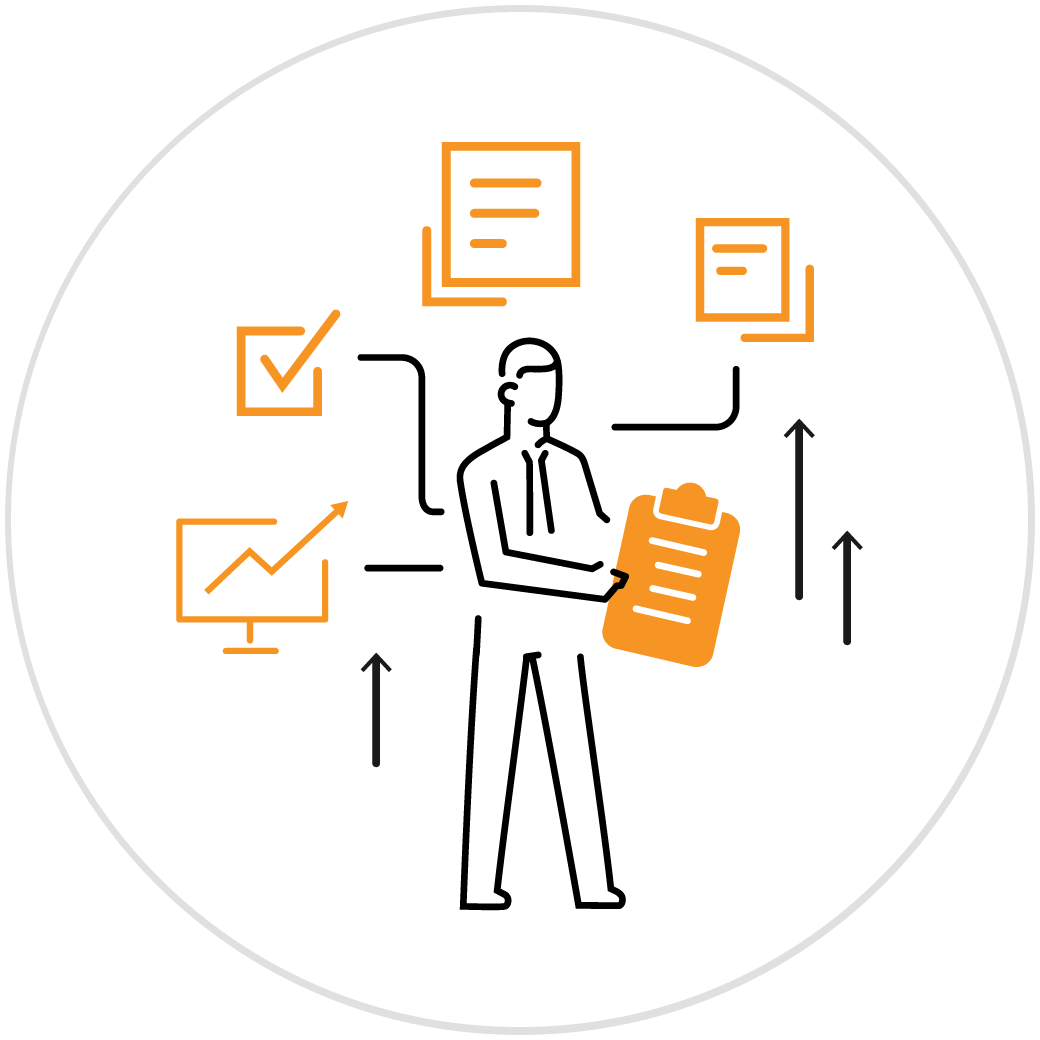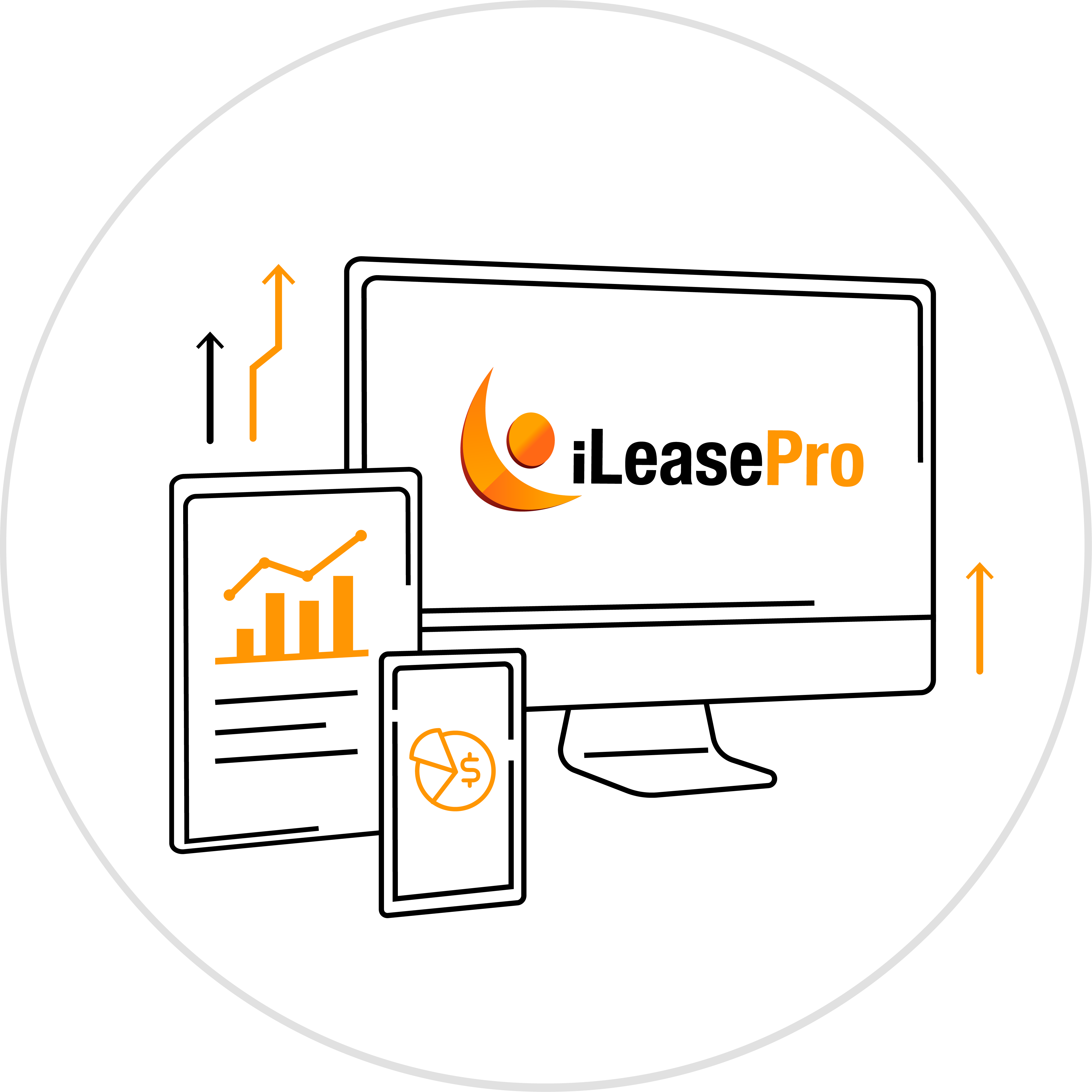-

In the intricate world of financial audits, the adage "communication is key" has never been more fitting. Navigating the audit process can seem daunting, with its myriad of checks, verifications, and evaluations. Yet, at the heart of this process lies a simple truth: effective dialogue between a company and its auditor can significantly streamline the journey, ensuring clarity and mutual understanding. As we delve into the nuances of this crucial relationship, this blog will provide you with a roadmap on when and how to communicate with your auditor. From the early planning stages to the final reporting phase and everything in between, we aim to arm you with the knowledge to make your next audit a collaborative and efficient endeavor. Dive in and discover the art of bridging the communication gap in the auditing world.
Effective communication with your auditor is a key component of a smooth audit process. The timing and frequency of communication can vary based on the nature of your business, the complexity of your operations, and any unique circumstances or events that arise. However, here are some general guidelines: -

1. Before the Audit: Planning Phase
- Initial Meeting: At the beginning of the fiscal year or audit period to discuss the scope, objectives, and timelines for the upcoming audit.
- Changes in Operations: If there have been significant changes in your business, such as mergers, acquisitions, divestitures, or adoption of new accounting policies.
- Risk Assessment: Discuss any potential risk areas or concerns that may need special attention during the audit.
-

2. During the Audit: Execution Phase
- Regular Updates: Depending on the length of the audit, weekly or bi-weekly updates can be beneficial. These updates can address any issues or concerns that arise during the audit process.
- Data Requests: Respond promptly to the auditor's requests for information or documentation. If there are delays, communicate the reasons and provide expected timelines.
- Emerging Issues: If the auditors identify discrepancies or concerns, they should communicate these findings immediately, allowing for timely resolution.
-

3. After the Audit: Reporting Phase
- Draft Report Review: Before finalizing the audit report, auditors typically provide a draft for management review. This is a chance to discuss any findings, recommendations, or potential adjustments.
- Exit Meeting: A final meeting to discuss the results of the audit, any significant findings, and recommendations for improvements.
- Feedback Session: Post-audit, it's helpful to have a debrief session to discuss what went well and areas for improvement in the audit process.
-

4. Throughout the Year
- Regular Check-ins: Even outside of the primary audit period, maintaining regular communication can be beneficial. This ensures both parties are updated on significant business events, changes in the industry, or regulatory environment.
- Technical Consultations: If you're considering significant transactions or changes in accounting policies, it's wise to consult with your auditor for advice and implications.
- Training & Updates: Attend any training sessions or updates provided by the audit firm on relevant topics such as changes in accounting standards, tax regulations, or industry trends.
-

5. Special Circumstances
- Incidents or Irregularities: If there are incidents like fraud, legal disputes, or any financial irregularities, it's crucial to inform the auditor immediately.
- Major Business Decisions: Before making significant business decisions, like taking on a large amount of debt, entering into major contracts, or making significant capital investments, consulting with your auditor can provide valuable insights.
-

Let iLeasePro Help You in Your Auditing Journey
Effective and timely communication with your auditor is paramount for a successful audit. It ensures clarity, transparency, and can significantly reduce the likelihood of surprises or contentious issues arising during the audit process. Establishing a robust communication plan and maintaining an open dialogue will lead to a more efficient and beneficial audit experience for all parties involved.
For any assistance, call us at 888-351-4606, or you can email us at info@ileasepro.com We also have plenty of great information about lease accounting software on our website, which is ileasepro.com, and you can chat with a live representative there as well.
Let iLeasePro Simplify Your Lease Accounting
Schedule a DemoRelated: iLeasePro Free Trial, iLeaseXpress, iLeaseXpress Unlimited, ASC 842 Financial Reporting, ASC 842 Balance Sheet Reporting, ASC 842 Income Statement Reporting, ASC 842 Cash Flow Reporting, ASC 842 Statement of Shareholder Equity, ASC 842 Disclosure Notes, ASC 842 Management Discussion, ASC 842 Comprehensive Income, ASC 842 Glossary of Terms, ASC 842 Journal Entries, ASC 842 Software, When Is the ASC 842 Compliance Date, FASB Lease Accounting Software, Understanding the New FASB ASC 842 Lease Accounting Standard, How Does a Lease Balance Sheet Change After the New Standard?, Tracking Lease Details After ASC 842, Deferred Rent Explained Under the ASC 842, Guide to Lease Classification, Overview of Relevant Borrowing Rate, ASC 842 Footnote Disclosure, Lease Accounting, What Does Lease Accounting Software Do?, Key Features of A Lease Accounting Software, How to Never Miss Important Lease Dates, Scaling Your Lease Accounting Software to Your Business Needs, How to Select the Right Lease Solution, How to Set Up Lease Accounting Software, What is the Best Lease Accounting Software?, Overview of the Types of Leases, Equipment Lease Software, How the Right Lease Management Software Makes Equipment Leases Easier, Lease Tracking Software, How The Right Software Can Help You Manage Lease Data, Five Benefits of a SaaS Lease Management Solution, A Centralized Lease Portfolio Making Asset Management Easier, Lease Analysis 101, Lease Analysis: The Financial Metrics, Lease Abstraction, The Importance of Lease Abstraction for Lessees, The Lease Data an Abstract Should Include, What Software Do I Need for Lease Abstracting?, Navigating The ASC 842 Accounting Audit, Ultimate Lease Accounting Audit Checklist, Leveraging AI for Enhanced Year-End Audits Transitioning to the ASC 842 Standard Lease Document Management ASC 842 Short-Term Leases Practical Expedients Lease Modifications & Remeasurements Lease Variable Payments Embedded Leases Monitoring Critical Lease Dates Transportation - Navigate the ASC 842 The Impact of the ASC 842 on Regulatory Policies in Lease Management & Lease Accounting Integrating Lease Accounting into Your Month-End Closing Process The Modified Retrospective Approach in ASC 842 Determining the Incremental Borrowing Rate A CFO’s ASC 842 Lease Accounting Guide for Construction Companies
